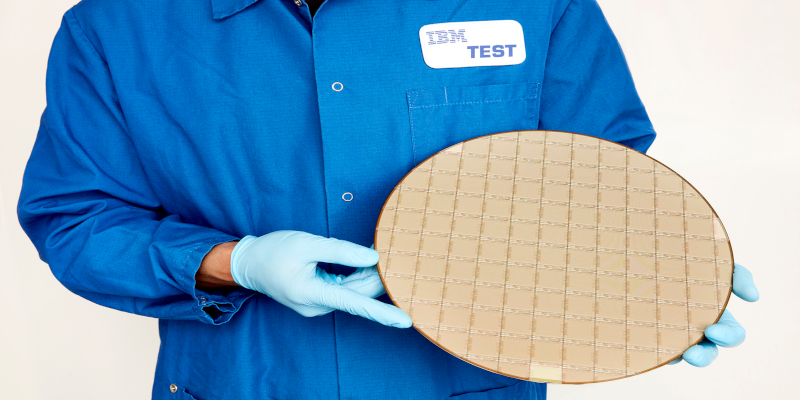Dharamshala, 24th August: IBM today presented details of the upcoming new IBM Telum Processor at the annual Hot Chips conference, which is aimed to bring deep learning inference to enterprise workloads to help handle fraud in real-time. Telum is IBM’s first processor with on-chip AI inference acceleration while a transaction is in progress. The breakthrough of this new on-chip hardware acceleration, which has been in development for three years, is aimed to assist clients to get business insights at scale across banking, finance, trading, insurance applications, and consumer engagements. For the first part of 2022, a Telum-based system is planned.
Due to the constraints of today’s technology, organizations often use detection techniques to catch fraud after it occurs, a process that can be time-consuming and compute-intensive, especially when fraud analysis and detection is undertaken far away from mission-critical transactions and data. Complex fraud detection is frequently not possible in real-time due to latency requirements, which means a bad actor could have already purchased products using a stolen credit card before the shop is aware of the theft.
Consumers reported losing more than $3.3 billion to fraud in 2020, up from $1.8 billion in 20192, according to the Federal Trade Commission’s 2020 Consumer Sentinel Network Databook. Telum can assist clients in transitioning from fraud detection to a fraud prevention mindset, allowing them to move from catching many cases of fraud today to a potentially new era of fraud prevention at scale, without compromising service level agreements (SLAs), before the transaction is completed.
The new chip has a unique centralized design that allows customers to use the AI processor’s full capability for AI-specific workloads, making it perfect for financial services workloads such as fraud detection, loan processing, trade clearing and settlement, anti-money laundering, and risk analysis. Clients will be able to improve existing rules-based fraud detection or use machine learning with these new innovations, speed up credit approval processes, improve customer service and profitability, identify which trades or transactions may fail, and propose solutions to make the settlement process more efficient.
Telum builds on IBM’s long history of inventive design and engineering, which encompasses silicon, system, firmware, operating systems, and leading software frameworks, as well as hardware and software co-creation and integration.
The chip has 8 processor cores with a deep super-scalar out-of-order instruction pipeline and a clock frequency of over 5GHz, making it ideal for heterogeneous business workloads. The entirely revamped cache and chip-interconnection system can scale up to 32 Telum chips and provides 32MB cache per core. On 17 metal layers, the dual-chip module comprises 22 billion transistors and 19 miles of wiring.
Image Credit: newsroom.ibm.com

